Understanding PTSD
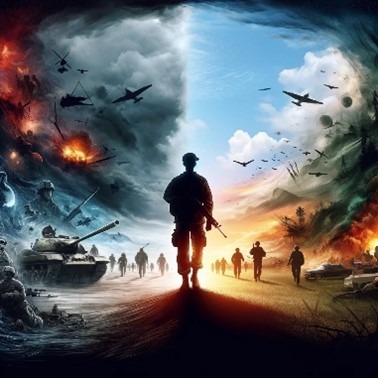
When we talk about war and its aftermath, often the focus is on the physical scars and geopolitical shifts. However, there's a more silent, invisible battle that many veterans face long after the guns have fallen silent - the battle against Post-Traumatic Stress Disorder (PTSD).
What is PTSD?
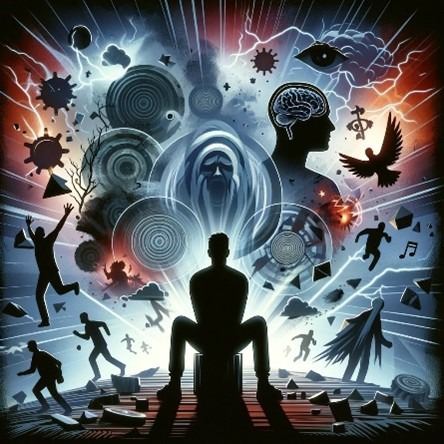
PTSD is a mental health condition that's triggered by experiencing or witnessing a terrifying event. While it's common to associate PTSD with war veterans, it can affect anyone who's gone through trauma. Symptoms can include flashbacks, nightmares, severe anxiety, and uncontrollable thoughts about the event.
The Veteran's Perspective
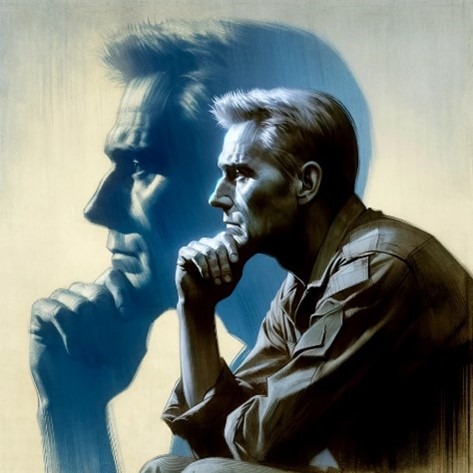
Imagine coming back home after serving in a war zone. You're physically safe, but your mind is still out there in the battlefield. This is the reality for many veterans. John, a former soldier, shares, "You're constantly on edge, as if your mind is still in survival mode. It's like the war never really ends."
Statistics Tell a Story

Statistics paint a grim picture. According to a study, PTSD affects about 15% to 20% of veterans who served in operations Iraqi Freedom and Enduring Freedom. For Vietnam War veterans, about 30% have had PTSD in their lifetime.
The Stigma Around Mental Health in the Military
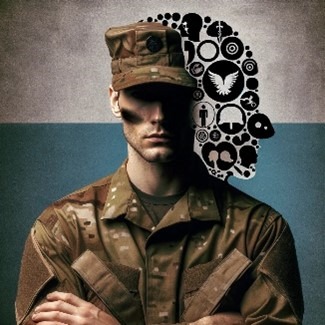
There's often a stigma associated with mental health issues in the military community. Soldiers are trained to be tough and resilient, which can make it hard for them to seek help for mental health issues. "Admitting you need help feels like showing weakness, which is hard in a culture that values strength above everything," says Emily, a Navy veteran.
The Path to Healing PTSD

Healing from PTSD is a journey. It's about finding the right combination of therapy, support, and sometimes medication. Cognitive Processing Therapy (CPT) and Prolonged Exposure (PE) are two effective treatments. There's also growing evidence supporting the benefits of alternative therapies like yoga and meditation.
Support Systems for PTSD are Crucial
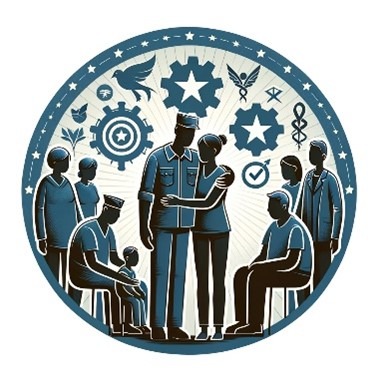
Support from family, friends, and fellow veterans can make a significant difference. Veterans' support groups provide a space where one can share experiences and coping strategies with others who understand what they're going through.
Society's Role in PSTD
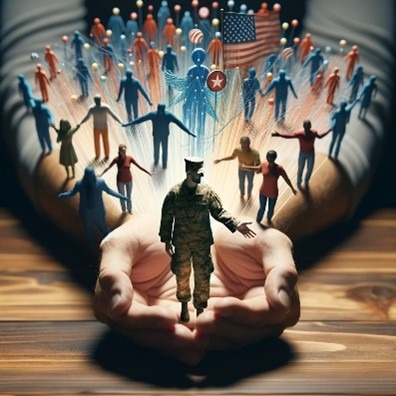
As a society, it's important to create an environment where veterans feel comfortable seeking help. This means raising awareness about PTSD, breaking down the stigma around mental health, and ensuring access to quality mental health care.
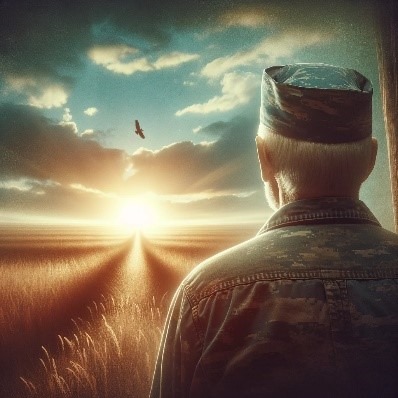
#VeteransAndPTSD #SupportOurVeterans #PTSDAwareness #MentalHealthMatters #BeyondTheBattlefield #HealingJourney #MilitaryMentalHealth #WarriorWellness #CombatStress #HeroesNeedHelp
 Add Row
Add Row  Add
Add 




Write A Comment